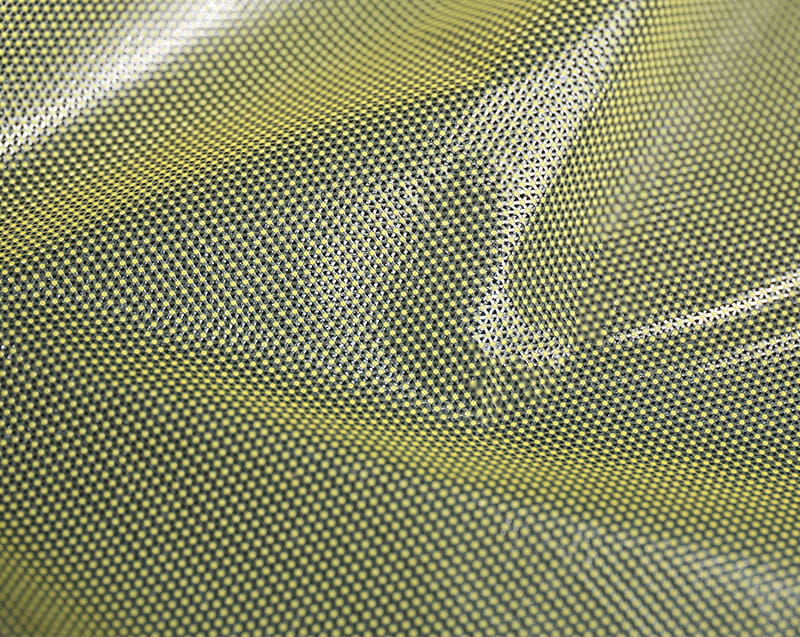

Welcome to Pinghu Zhanpeng Hot Melt Adhesive Web & Film Co., Ltd. Enterprise Official Website.

In today’s fast-evolving industrial landscape, HDPE (High-Density Polyethylene) Apertured Film has emerged as a reliable material with wide-ranging applications. Known for its strength, flexibility, and breathability, this specialized plastic film plays a critical role in various industries such as hygiene, medical, agriculture, and packaging.
What is HDPE Apertured Film?
HDPE apertured film is a type of high-density polyethylene film that has been mechanically or thermally perforated to create a uniform pattern of holes or apertures. This design offers a unique balance between strength and permeability, allowing air, moisture, or liquids to pass through while maintaining structural integrity.
The apertures are typically engineered with precision to meet specific requirements such as pore size, hole pattern, and tensile strength, making the material highly customizable.
Key Properties and Advantages
One of the standout features of HDPE apertured film is its excellent breathability. In hygiene applications—such as diapers, sanitary napkins, and incontinence products—this property ensures comfort and helps regulate moisture. The non-toxic, chemical-resistant nature of HDPE also makes it suitable for direct contact with skin.
Additionally, HDPE apertured film is lightweight yet durable, offering significant cost advantages in transport and usage. It resists tearing and punctures, making it ideal for tough conditions where mechanical strength is essential.

Industrial Applications
Hygiene Products: Widely used in top sheets and back sheets due to its soft texture and breathability.
Medical Field: Applied in wound care dressings and surgical drapes for its moisture control and barrier properties.
Agriculture: Used as crop covers and root barriers, helping manage moisture and airflow around plants.
Packaging: Provides breathable packaging solutions for fresh produce and pharmaceuticals.
Sustainability and Recycling
HDPE is one of the most commonly recycled plastics, and many apertured films can be produced using post-consumer recycled content. This makes them a more environmentally friendly choice, especially in comparison to films made from non-recyclable or mixed materials.




